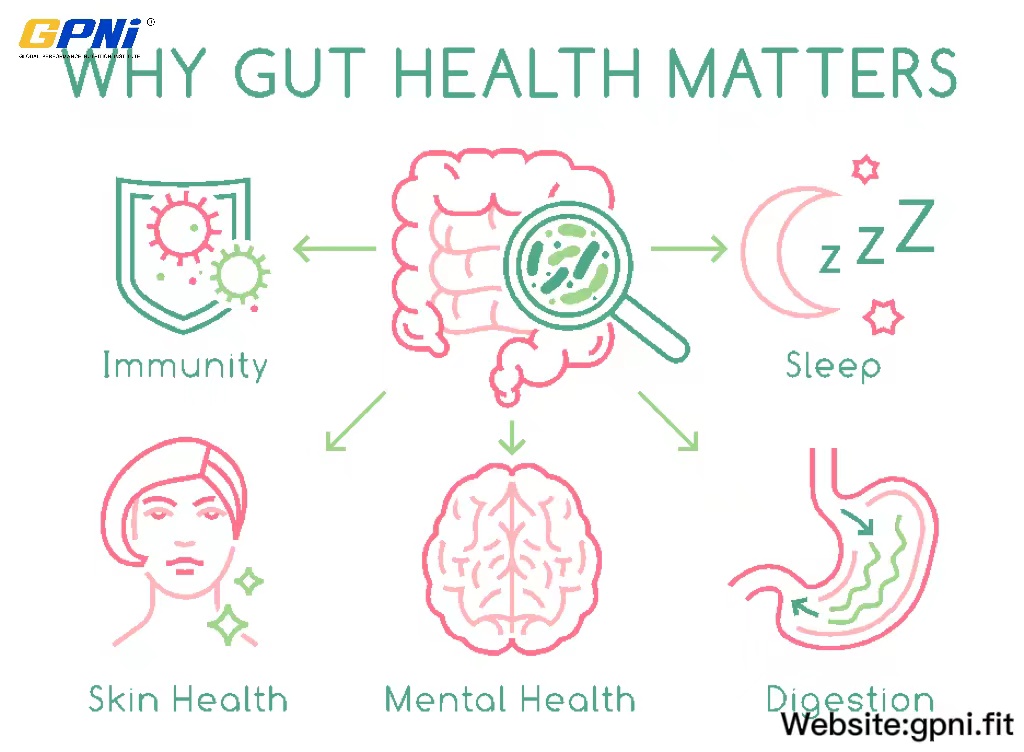It has been well-established that physical activity can improve mental health. Those engaged in regular activity have lower incidences of depression. It is a misconception that individuals that are physically active or athletes of any level are immune from anxiety and depression. The American College of Sports Medicine estimates that 35% of athletes experience burnout, depression and/or anxiety. A person struggling with anxiety may experience feelings of worry or unease while a person suffering from clinical depression may experience a loss of interest in daily activities. Despite seeming like different mental health disorders, anxiety and depression are closely linked. Genetics can play a significant role, however, other risk factors such as lifestyle factors can contribute as well. Many experts are now looking toward improvements in a person’s diet to help improve mental health.
Excess consumption of specific foods, namely refined sugar, trans fats, excess caffeine, fast food, and alcohol are linked to increases in symptoms of anxiety and depression. Therefore, consuming a well-balanced diet with an emphasis on nutrient dense foods rather than ultra-processed foods may help. While healthy eating is not known to cure anxiety and depression disorders, a balanced diet may help to reduce the symptoms that interfere with everyday life.
New research suggests a link between certain foods and reduced symptoms of anxiety and depression. One example of beneficial foods include omega 3’s, mainly found in foods such as tuna, salmon, flax seeds, chia seeds and walnuts. Omega 3’s travel through the brain cell membrane and may support the efficiency of mood-related molecules within the brain. Though this mechanism is unclear, omega 3’s are also being studied for their effect on heart health and cognitive function. Therefore, this fatty acid is a great addition to a healthy diet. While fish oil supplements are an easier way to incorporate omega 3’s in your diet, most research suggests the benefit of whole food sources, such as the foods listed above.

The gut-brain axis is an emerging area of research. The gut-brain axis refers to the two-way communication between the nervous system and gut microbiome. There is a link between the gut microbiome and emotional and cognitive function. Foods that support a healthy digestive system are live bacteria known as probiotics. Since the gut contains hundreds of trillions of living bacteria, a healthy diet including probiotics supports the growth of the “good“ bacteria. Research suggests the gut plays a role in maintaining mental and physical health. This may be due to the potential signaling mechanism between gut bacteria and the brain. While this link is fairly new and not well-established, much of the connection between probiotics and gut health are thought to be due to serotonin. This neurotransmitter, mainly responsible for regulating mood, is primarily made in the gut. Fermented foods are a great source of probiotics. These include kombucha, yogurt and kimchee. Foods rich in magnesium and potassium may improve mood via the gut-brain axis. Dark chocolate, leafy greens and various seeds are a few foods rich in these minerals.
The psychological stressors of being an athlete can lead to depression and anxiety for some. Treatment is not limited to medication and therapy. In some instance lifestyle factors such as nutrition and physical activity can help. While nutrition does not cure mental health disorders, a well-balanced diet can make marked improvement on a person’s overall mood and quality of life.

Cassie Evans is a registered dietitian and a published researcher. She has studied sports nutrition and completed an internship with the University of Miami Sports Nutrition Team and Nova Southeastern University’s sports performance team. She holds a Bachelor of Science in Exercise and Sports Science and received her CISSN in 2018. She is currently pursuing her doctorate in Human and Sports Performance from the Rocky Mountain University of Health Professions.
Reference
News detail. ACSM_CMS. https://www.acsm.org/news-detail/2021/08/09/the-american-college-of-sports-medicine-statement-on-mental-health-challenges-for-athletes. Accessed September 29, 2022.
Berding K, Vlckova K, Marx W, et al. Diet and the Microbiota-Gut-Brain Axis: Sowing the Seeds of Good Mental Health. Adv Nutr. 2021;12(4):1239-1285. doi:10.1093/advances/nmaa181
Ljungberg T, Bondza E, Lethin C. Evidence of the Importance of Dietary Habits Regarding Depressive Symptoms and Depression. Int J Environ Res Public Health. 2020;17(5):1616. Published 2020 Mar 2. doi:10.3390/ijerph17051616
Rao TS, Asha MR, Ramesh BN, Rao KS. Understanding nutrition, depression and mental illnesses. Indian J Psychiatry. 2008;50(2):77-82. doi:10.4103/0019-5545.42391







